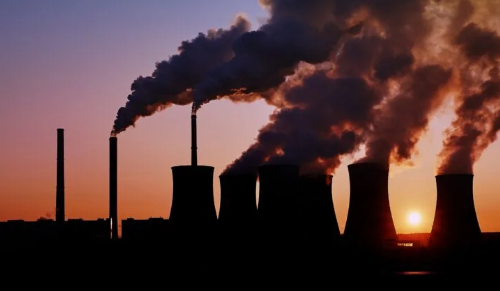CSIR-NPL Launches Certification Process for Continuous Emission Monitoring
The Continuous Emission Monitoring System (CEMS) is now an important tool for accurately tracking pollution in India’s industries. The Central Pollution Control Board (CPCB) made it mandatory to install CEMS in 2014. However, even though it’s very important, many industries don’t use it as much as they should because they worry about how reliable it is.
Regulatory Mandate
In 2014, the CPCB made it mandatory for 17 types of highly polluting industries to install CEMS to meet environmental standards. However, problems with data reliability have made it difficult to use these systems effectively for regulation.
Certification and Quality Assurance
To improve reliability, a strong certification system is necessary. In August 2019, the Council of Scientific & Industrial Research-National Physical Laboratory (CSIR-NPL) was appointed as the national agency responsible for verifying CEMS.
Certification Development
After five years of work, CSIR-NPL has set up a certification program and testing facilities for CEMS. Now, manufacturers can apply for certification for systems that monitor gas emissions, and certification for systems that measure particulate matter will be available soon. To get certified, manufacturers must submit two identical CEMS units for testing. A committee, which includes different stakeholders, manages the certification process by directing tests and reviewing the results. Proper certification makes sure that CEMS meets both national and international standards. This prevents the use of outdated systems, helping to ensure that pollution data is accurate and reliable.
Quality Assurance Framework
The certification process includes four levels of quality assurance (QAL-1 to QAL-3) along with yearly checks to keep CEMS functioning well. QAL-1 focuses on proving the equipment’s suitability through thorough testing and audits. A report by the Centre for Science and Environment (CSE) in 2022 recommended that India adopt a CEMS certification system similar to European standards. This report highlighted the importance of strong product certification to avoid the use of poor-quality equipment in India. To further improve the quality of CEMS data, CSIR-NPL is working with the CPCB to develop additional quality assurance procedures, aiming to create a complete framework.
Facts About CSIR-NPL
- CSIR-NPL is a top research institute in India. It was set up in 1947.
- It focuses on measuring and setting standards.
- It helps industries by making sure their measurements are correct.
- It works with other countries on measuring standards.
- The lab has advanced research facilities for many scientific areas.
Month: Current Affairs - August, 2024
Category: Environment Current Affairs








